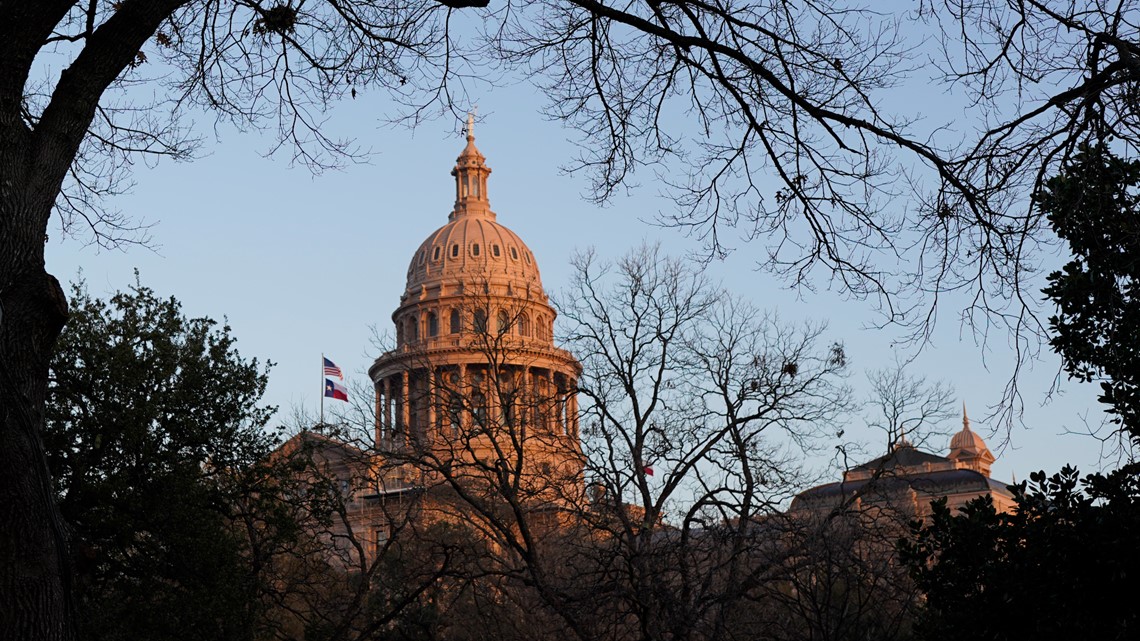
The bill is currently making its way through legislative committees, but would take effect Sept. 1 if passed.
SAN ANTONIO — From streets, parks and libraries to fire, police and housing, cities across Texas issue bonds to fund major projects, repaying that debt over time using property tax revenue.
But now that practice could be limited. Texas lawmakers are considering a bill that would cap how much local governments can spend paying off debt each year.
House Bill 19, authored by four Texas Republicans, would cap those payments at 20% of what they usually collect in property taxes.
For the City of San Antonio, it means officials wouldn’t be able to issue another bond until 2036, even if voters wanted to approve one sooner than that. It would cut future city bond programs by at least half.
“It’s essentially like saying, ‘You can borrow money for your house, but you can only pay this much (a) month,” said Jeff Coyle, assistant city manager for San Antonio. “That’s a major concern for every neighborhood that loves the bond program because of street repairs or a new libraries and parks, every new fire station that is in a bond program—all the things that voters overwhelmingly approve.”
The city was looking into issuing a bond in 2027 focused on affordable housing and street improvements as it relates to Project Marvel, the city’s ambitious plan for a sports and entertainment district downtown.
“So when we talk about Project Marvel or the proposed sports entertainment district, one of the big things we’ve got to fund is the infrastructure,” said Ben Gorzell, CFO for the City of San Antonio. “And this is the source we would be looking at to do that.”
The bill is making its way through the Texas Legislature. It’s currently in committee, but if it passes Mayor Ron Nirenberg believes it would strip power away from residents.
“It is taking a rural budget management approach and applying it to the largest cities in Texas, effectively,” Nirenberg said. “What it would do is prevent us from issuing the financing necessary to build or repair streets for the next 10 years, and it would prevent us from doing so, even if voters vote for it.”
If this bill passes, it will go into effect Sept. 1.
